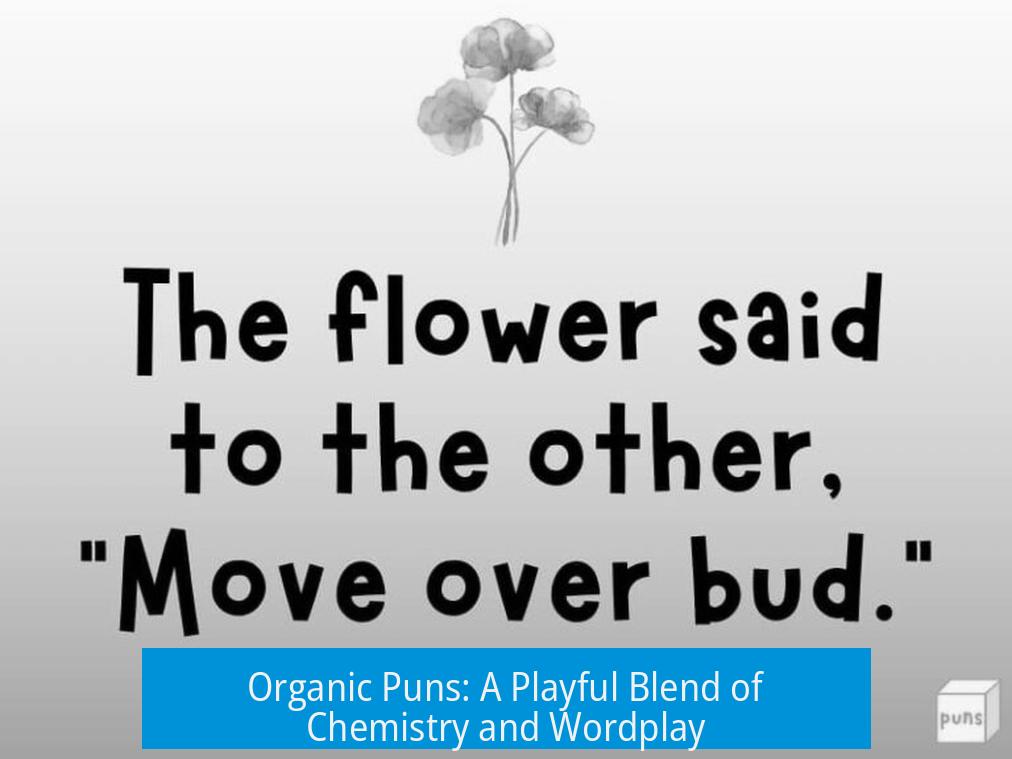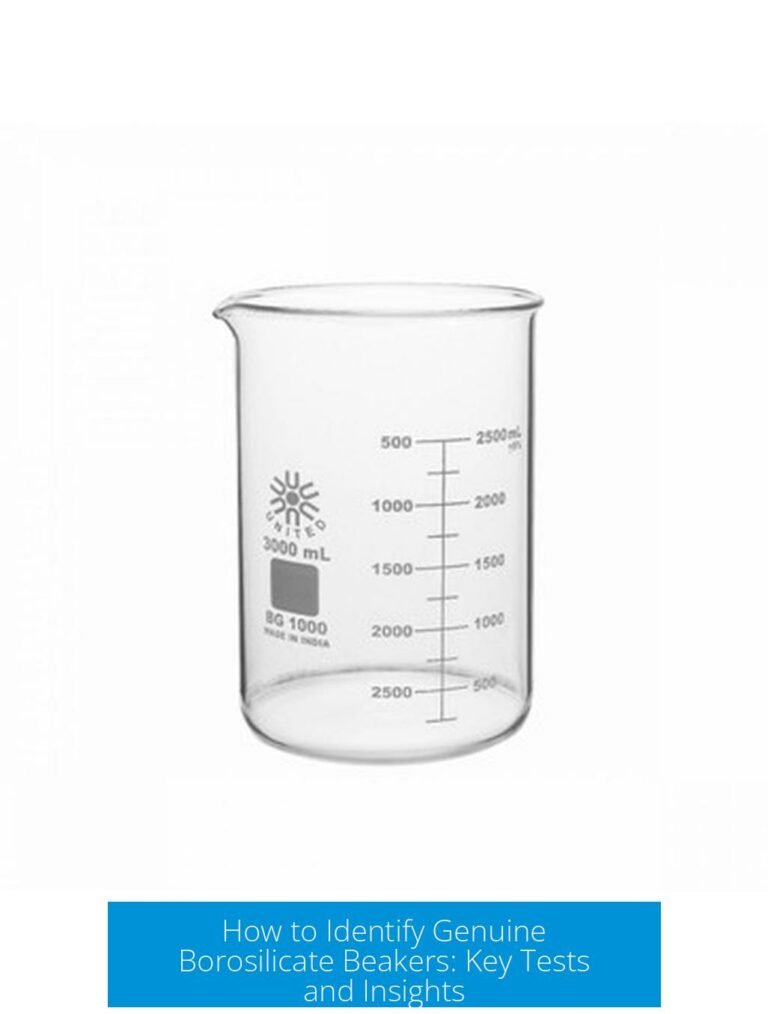Organic Puns: Chemistry Meets Wordplay

Organic puns are clever plays on words that link organic chemistry concepts with everyday language to create humor. They draw on functional groups, reactions, and properties in organic chemistry. These puns engage chemists and students by blending technical terms with familiar phrases.
Understanding Organic Puns

Organic chemistry contains many unique terms. These terms describe functional groups like amines, imines, and alkenes, or processes such as hydration and solvation. By twisting these words into puns, humor develops through the double meaning.
For example, “Oxidants happen” plays on the phrase “accidents happen,” but uses “oxidants” related to oxidation reactions. This type of wordplay makes the subject approachable and memorable.
Key Types of Organic Puns
- Functional Group Puns: These involve chemical groups such as amines, imines, amides, ethers, azides, and alkynes. For example, “If you know what amine/imine…” hints at a pun combining similar-sounding chemical terms with common expressions.
- Reaction-Based Puns: Puns reference organic reactions like the Diels-Alder reaction or processes like hydration and solvation. “Here’s the diels: Alder right jokes will come to you” creatively uses the reaction’s name to replace “here’s the deal.”
- Conceptual Puns: These puns incorporate acid-base behavior, stereochemistry, or molecular properties. For instance, “Chemists don’t die, they go to equilibrium” humorously relates death to a chemical steady state.
Examples and Their Chemistry Meaning
| Pun | Chemistry Reference | Explanation |
|---|---|---|
| “I like my women how I like my alpha carbons, susceptible to backside attack.” | SN2 Reaction | Backside attack is a key step in SN2 reactions at alpha carbons. The pun links chemical reactivity to an amusing personal preference. |
| “What do you call a bowl full of non-optically active compounds with two or more stereocenters? Meso soup.” | Meso Compounds | “Meso” compounds are achiral despite stereocenters. Combining “meso” with “soup” produces wordplay connecting chemistry with food. |
| “What did H2SO4 say to triethylamine? ‘Hey, that’s amine thing to do!’” | Acid-Base Reaction | The sulfate acid donates a proton to the amine base. The pun uses “amine” (functional group) like “mean” (behavior). |
| “Amine, come ON, there are alkynes of puns you could make there…” | Amines and Alkynes | “Alkynes of” sounds like “a lot of,” playing on the alkyne functional group and encouraging creativity. |
| “Ether they’re funny or they’re not.” | Ether | “Ether” replaces “either,” invoking the ether functional group’s name in a decision-based phrase. |
Chemical Concepts Used in Puns
Puns often involve:
- Functional Groups: amines, imines, amides, ethers, azides, sulfone, vinyl, nonyl
- Reactions: Diels-Alder, hydration, tautomerization, solvation
- Acid-Base Chemistry: proton transfer, basicity of nitrogen compounds
- Stereochemistry: meso compounds and chirality
The wordplays engage familiarity with these topics, enhancing chemistry learning through humor.
Why Use Organic Puns?
Organic puns bring levity to a challenging subject. They:
- Encourage retention of terms and concepts via humor
- Bridge technical language with everyday speech
- Make learning more relatable and fun
They also foster community among chemistry enthusiasts who share a common vocabulary.
Summary of Notable Organic Puns
- “Chemists don’t die, they go to equilibrium.”
- “Amide to understand that you went with THAT…”
- “I’m diene here!”
- “Hydrate to see you give up on your dreams like I did…”
- “It tautomer lesson, that’s for sure.”
- “And now nonyl take me seriously!”
These puns illustrate how organic chemistry terminology combines with idioms for clever effects.
Key Takeaways
- Organic puns rely on the technical language of organic chemistry.
- Functional groups and reactions are common pun subjects.
- They help simplify complex concepts and promote engagement.
- Wordplay often fuses chemical and everyday language.
- Organic puns have educational and entertainment value for chemists.





Leave a Comment